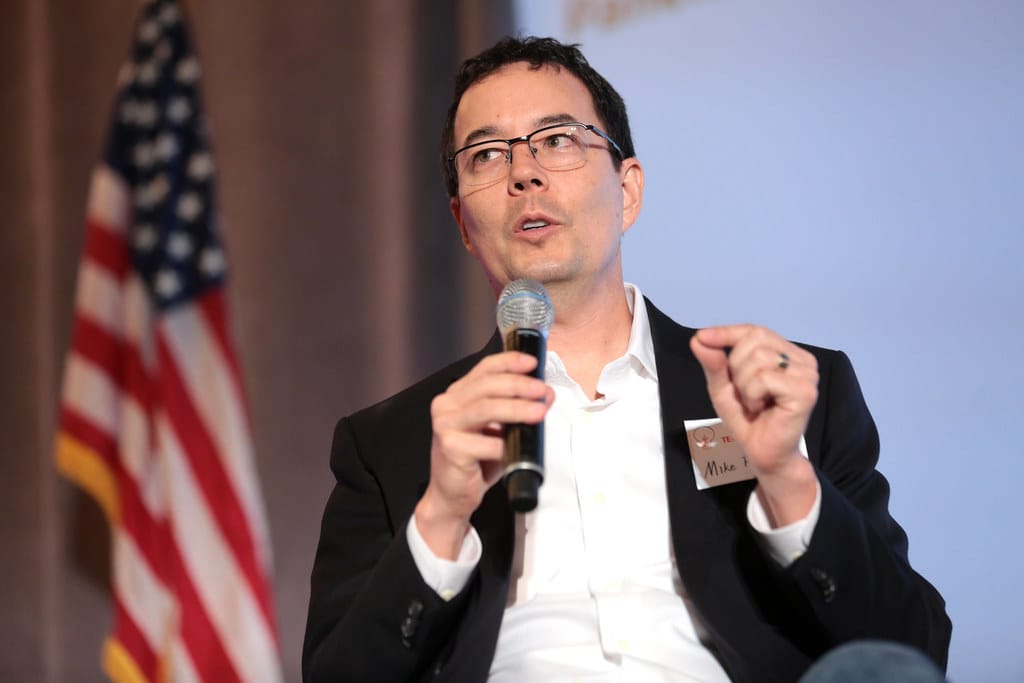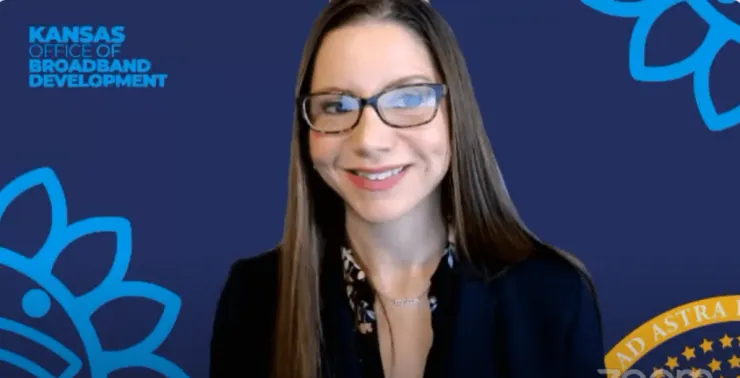Washington State Initiative: Helping Communities Access Federal Funding
The Washington Department of Commerce said the grants will help communities secure fund for infrastructure, innovation, research, and jobs.

March 26, 2024 – Washington State on March 18 launched a new program designed to assist communities in the state in accessing current and forthcoming federal funding opportunities announced the launch of upcoming grant rounds.
Grants from the Securing Federal Funding Initiative will be awarded to Washington state applicants on a rolling basis, with approximately $2 million remaining in the program budget.

The newly introduced program seeks to equip public and private entities across Washington state with the tools and resources essential to harnessing a portion of the billions of federal funding currently available to states through federal programs such as the Inflation Reduction Act, CHIPS and Science Act, and Infrastructure Investment and Jobs Act.
The Washington program offers a range of support services, including technical assistance for application and grant writing, economic sector analysis, and potential matching funding for successful applicants.
Eligible applicants stand to benefit from receiving federal assistance in accessing funding through initiatives including the $42.5-billion Broadband Equity Access and Deployment initiative, as well as the Economic Development Administration's regional tech hub fund.

“Applying for large federal grants is a huge lift for small communities, even when they work together,” said Clallam County Commissioner Mike French, in a release.
Significant challenges confronting U.S. cities and counties in engaging with federal broadband mapping and data collection initiatives, essential for some communities to access portions of BEAD funding, were underscored during a recent Broadband Breakfast Live Event.

State officials said insufficient funding and a shortage of staff resources have rendered it increasingly difficult to involve local governments in the BEAD challenge process and guarantee the submission of accurate information required to approve their challenges to federal mapping data that determines program eligibility.
During the event, Tom Reid, president and founder of the Reid Consulting Group, criticized the BEAD initiative for its failure to allocate funding for municipal, county, and state government planning grants. Despite this, the initiative still calls on these entities to participate in initiatives aimed at improving state and federal mapping data.
To address challenges like these, Washington Department of Commerce Director Mike Fong announced the initial $3 million in grant awards through the new state program during a visit to Gonzaga University last week. These grants aim to alleviate some of the administrative tasks required of local governments and other hopeful applicants.
During the announcement, Fong disclosed an award of $500,000 to Gonzaga University. This funding aims to bolster the second phase of its application submitted to the EDA last month, intended for the development of the American Aerospace Materials Manufacturing Center, named one of 31 regional tech hubs nationwide last fall. The hub will use the state Commerce grant as a portion of required matching funds.
The EDA's regional tech hubs initiative is slated to receive an additional $4 billion in funding, as proposed in the federal budget for FY2025 released last week.
At least two additional awards will be announced through the Washington program before June 30, 2024.
Applications remain open for eligible applicants, including Economic Development Councils, Associate Development Organizations, nonprofit organizations, local municipalities, businesses, and other organizations seeking federal funding through legislation including, but not limited to, the IRA, Chips and Science Act, and IIJA.












